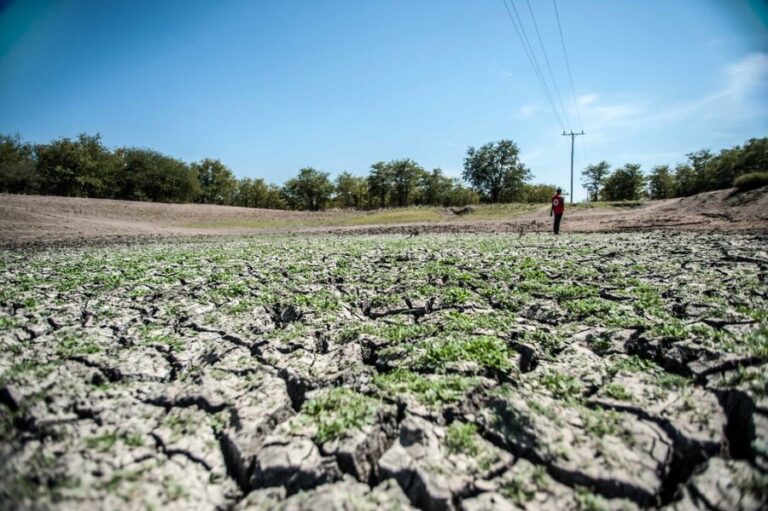By Trésor Daniel MEFIRE
As climate change tightens its grip globally, Cameroon stands at the intersection of two colliding realities: the urgent need for economic development and the mounting ecological debt imposed by centuries of global overconsumption. In his powerful analysis, Carbon and Ecological Footprints: Measuring Human Impact, researcher Trésor Daniel Mefire sheds light on the deepening environmental challenges Cameroon faces—and the global injustices that have compounded them.
“Humanity currently uses resources 1.7 times faster than ecosystems can regenerate,” writes Mefire, underlining the unsustainable pace at which natural systems are being consumed.
At the heart of Mefire’s research are two critical metrics: the carbon footprint, which accounts for greenhouse gas emissions, and the ecological footprint, which measures the land and sea area needed to support consumption. Both indicators reveal the staggering imbalance between industrialized nations and the Global South. While North Americans consume around 90 kilograms of resources per day, and Europeans about 45, the average African uses only 10 kilograms—a stark illustration of global inequality.
Yet, Africa—and Cameroon in particular—bears a disproportionate brunt of the climate crisis. The country loses 200,000 hectares of forest annually, largely due to subsistence agriculture and fuelwood collection, threatening the Congo Basin’s critical role as a carbon sink. Rapid urbanization, especially in cities like Douala, has increased waste and energy demands, intensifying pressure on already stressed ecosystems.
The consequences are deeply human. Over 70% of Cameroonians rely on rain-fed agriculture, and climate volatility has devastated yields—maize production in the Far North dropped by over 20% between 1998 and 2012. Floods and desertification have displaced more than a million people as of March 2023. According to Mefire, “Cameroon is ranked the 16th most vulnerable country to climate change globally,” a chilling statistic with implications for food security, health, and stability.
But the crisis isn’t without solutions. Cameroon’s REDD+ program has preserved 120,000 hectares of forest through community-led management. Solar microgrids and agroforestry offer hope for energy access and carbon sequestration. Mefire emphasizes the untapped power of local resilience: “For millennia, local communities have developed sophisticated adaptation techniques… combining traditional wisdom with modern technologies significantly boosts climate adaptation effectiveness.”
Global action, however, remains critical. Mefire calls out the $36 trillion “ecological debt” that wealthy nations owe Africa—a debt worsened by climate finance arriving as loans rather than grants. “This financial mechanism exacerbates a vicious cycle,” he warns, “where nations least responsible for the crisis bear the greatest burdens.”
His message is clear: the path forward requires both justice and innovation. “The choices made today,” Mefire concludes, “will determine whether future generations inherit a world of scarcity or sustainability.”
As Cameroon grapples with the fallout of global emissions it did little to cause, the international community faces a moral test: will it continue to export its carbon burden, or invest in a shared, equitable future?
Key Facts from the Report:
- Cameroon loses 200,000 hectares of forest annually.
- Over 1 million Cameroonians have been displaced due to climate-induced hazards.
- Wealthy nations have contributed 74% of global excess resource extraction since 1970.
- Africa’s ecological debt claim stands at $36 trillion.
For anyone interested in exploring the full report, please refer to the attached PDF Carbon and Ecological Footprints by Trésor Daniel Mefire.
